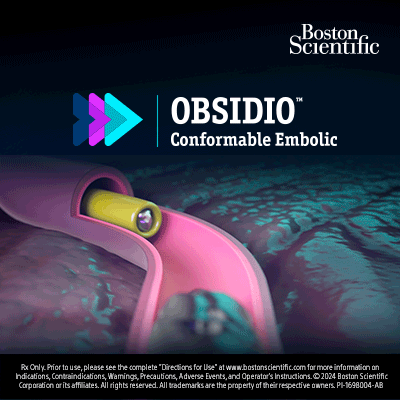Back
SIR 2025
Interventional Oncology
Traditional Poster
Session: Traditional Poster Presentations
45 - Efficacy of Image-Guided Tumor Ablation in Hepatocellular Carcinoma: A Meta-Analysis of Publicly Available Outcomes Data
Monday, March 31, 2025
12:10 PM – 1:10 PM CT
Location: Music City Center, Expo Poster Area

Shakthi Kumaran Ramasamy, MD (he/him/his)
Postdoctoral
Research Fellow , United States- CR
Chitra Ramasamy, MD, MBBS
Professor of Anatomy
Siddhartha Medical College, India
Poster Presenter(s)
Author/Co-author(s)
Purpose: Image-guided tumor ablation techniques, including radiofrequency ablation (RFA), microwave ablation (MWA), and cryoablation, have become standard treatments for hepatocellular carcinoma (HCC). However, comparative data on their efficacy remain limited. To evaluate the efficacy of different image-guided tumor ablation techniques in the treatment of HCC by conducting a meta-analysis of publicly available outcomes data from cancer registries and clinical trial repositories.
Materials and Methods: A meta-analysis of 45 studies, with a total of 5,200 HCC patients, was performed using data from the SEER registry and ClinicalTrials.gov. Tumor control rates, overall survival (OS), and recurrence-free survival (RFS) were the primary endpoints. Subgroup analyses were conducted based on tumor size (< 3 cm vs. ≥3 cm) and ablation modality.
Results: The pooled local tumor control rate was 82% for RFA, 87% for MWA, and 79% for cryoablation. MWA demonstrated significantly higher OS in patients with larger tumors (70% at 3 years) compared to RFA (62% at 3 years) and cryoablation (58% at 3 years). In small tumors (< 3 cm), RFA outperformed other techniques, with an RFS of 85% at 2 years versus 78% for MWA and 73% for cryoablation.
Conclusion: This meta-analysis suggests that MWA may offer superior outcomes for larger or centrally located HCC tumors, while RFA remains highly effective for smaller lesions. Cryoablation may be a viable alternative in specific cases, though recurrence rates are higher. Further trials comparing long-term outcomes across ablation modalities are recommended.
Materials and Methods: A meta-analysis of 45 studies, with a total of 5,200 HCC patients, was performed using data from the SEER registry and ClinicalTrials.gov. Tumor control rates, overall survival (OS), and recurrence-free survival (RFS) were the primary endpoints. Subgroup analyses were conducted based on tumor size (< 3 cm vs. ≥3 cm) and ablation modality.
Results: The pooled local tumor control rate was 82% for RFA, 87% for MWA, and 79% for cryoablation. MWA demonstrated significantly higher OS in patients with larger tumors (70% at 3 years) compared to RFA (62% at 3 years) and cryoablation (58% at 3 years). In small tumors (< 3 cm), RFA outperformed other techniques, with an RFS of 85% at 2 years versus 78% for MWA and 73% for cryoablation.
Conclusion: This meta-analysis suggests that MWA may offer superior outcomes for larger or centrally located HCC tumors, while RFA remains highly effective for smaller lesions. Cryoablation may be a viable alternative in specific cases, though recurrence rates are higher. Further trials comparing long-term outcomes across ablation modalities are recommended.


.jpg)